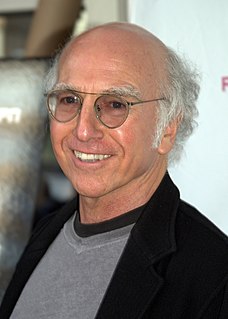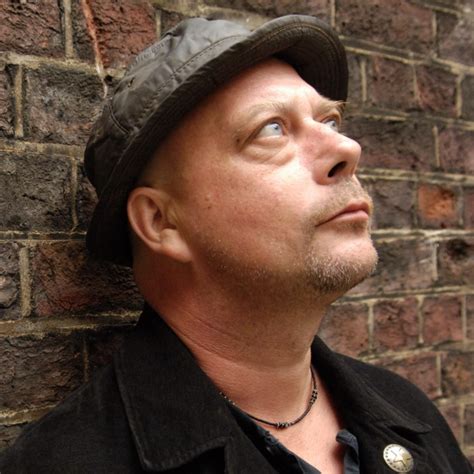A Quote by Diana Gabaldon
I don't work in a straight line. I don't write with an outline. I write where I can see things happen, and then things get glued together.
Related Quotes
Well, first you have to love writing. A lot of authors love having written. But I enjoy the actual writing. Beside that, I think the main reason I can be so prolific is the huge amount of planning I do before I start to write. I do a very complete, chapter-by-chapter outline of every book I write. When I sit down to write, I already know everything that's going to happen in the book. This means I've done all the important thinking, and I can relax and enjoy the writing. I could never write so many books if I didn't outline them first.
I've written so many things over the years that I don't want to go back to being just a scriptwriter. I'm in what I consider to be the enviable position of all I have to do is come up with the idea and write an outline that makes it seem like it's a viable idea that will interest people, and then other people write the scripts -- and I become the executive producer or the producer, depending on how much involvement I have, and I get a creative credit and then move on to the next project.
































